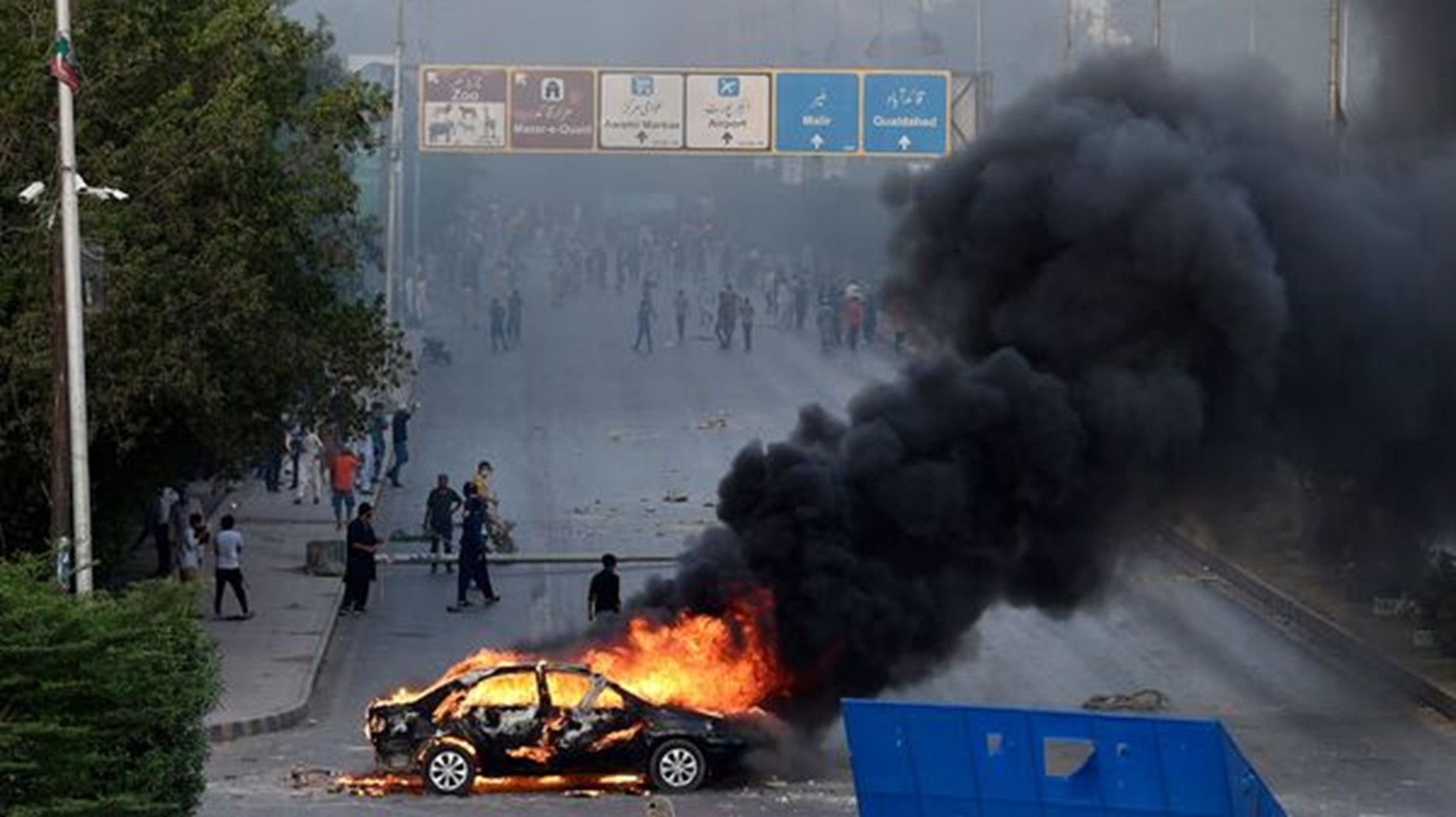
CAN PAKISTAN AND ITS PROXIES DO A HAMAS-LIKE OPERATION IN INDIA?
 Mon, 23 Oct 2023
| Reading Time: 6 minutes
Mon, 23 Oct 2023
| Reading Time: 6 minutes

For many years there have been comparisons between the situations in West Asia in terms of the Israel-Palestine conflict, and the proxy war existing in Jammu & Kashmir (J&K). Both regions have had bouts of all out conventional war and then long festering hybrid war situations. Pakistan continues to believe that historically it is the rightful owner of the territories of J&K. The Palestinians on the other hand believe that they have been unjustly evicted from their lands which they aim to regain; organizations such as Hamas are externally sponsored to employ all means to achieve their aim. Similarly, a Pakistan sponsored proxy hybrid war has raged in J&K for over 30 years. The circumstances of the many twists and turns in the events have been different, yet academics and observers like to draw parallels. Thus, as soon as the latest entanglement in West Asia commenced on Oct 07 2023, with an almost genocidal attack by the Palestinian terrorist group Hamas on unarmed and innocent citizens, by crossing into Israel, the potential of such an event occurring in J&K found substance in some discussions. Consequently, there have been many queries made to me. Although I had never examined this in depth, the subject cannot just be dismissed with a broad brush and even if one surmises from a top of the head analysis one has to revisit it from time to time. The latter is necessary because Pakistan is a nation with a maverick leadership, willing to take a risk every few years and continuing to believe that it has never lost an engagement against India. This may surprise many but there is truism in the fact that most senior Pakistan Army officers believe that they never lost the 1971 Indo Pak War. The Bangladesh campaign was not a military defeat as per them because they fought with their hands tied; no air force, no armour and the entire population against them. On the western front they believe that the Pakistan Army held its own and did not allow the Indian Army to reach anywhere near its objectives. They celebrate Sep 6 every year as Victory Day to commemorate what they believe was their finest hour in the Indo Pak War of 1965. Victories are often celebrated by nations after stalemate situations in conventional wars, in order to retain motivation and morale while ensuring legacies which are positive.
An intelligence appreciation is something that military and intelligence personalities are adept at. This is exactly what this analysis is all about.
Tactical surprise has been achieved by the Pakistan Army several times against us. It commenced in 1947 when the tribals took the Jhelum route into Kashmir. In 1965, on at least two occasions during the war we failed to detect a major Pakistan Army counter offensive – at Akhnur and then in Punjab, south of Amritsar. In 1999 we were surprised in the Kargil sector.
To be surprised by your adversary is a common phenomenon many nations have suffered from. In addition, in the field of hybrid warfare, we were surprised by the alacrity and sheer audacity of the Mumbai terrorist attack on 26/11 in 2008, an event which the Pakistani terrorists had rehearsed extensively under ISI guidance and even carried out a full ground reconnaissance. The Dec 13 2001 terrorist attack on Parliament in New Delhi shook India badly, almost leading us to war. With a history packed with such instances we should never be over confident about our intelligence capability although such capability has kept India relatively safe since 2008. The moment a nation discounts its adversary’s capability to execute a threat, it slides into the mood of hubris. Israel’s relative advantage gained in all wars fought against its multiple adversaries gave it the hubris to imagine that it could not be bested at the intelligence game. A perception prevailed in the IDF as if those adversaries were incapable, inefficient and incompetent to spring an operational or tactical surprise. It forgot the Yom Kippur war of Oct 1973 in which the Egyptian Army crossed the Bar Lev Line under the nose of the IDF and advanced ten kilometres into Sinai, without being challenged. Terrorist organizations have a few major advantages in the choice and conduct of the type of operations they wish to launch. First is the selection of an act that could be small and tactical, while being fully capable to convert to strategic effect in a matter of minutes after execution. Second, is the lack of any remorse about the type of target; humanitarian considerations such as loss of civilian lives and those of women and children are remotest in terrorist considerations. Third, the complete lack of any thought to the type of response/reprisal that could accrue by a conventional force of the adversary. Hamas adopted all three characteristics in its planning of the multi-mode assault that it launched as the act of conflict initiation on Oct 7 2023. The purpose gives many pointers too. It was apparently done to throw the geopolitics of West Asia into turmoil, for the Palestinian issue to regain primacy and upset the cycle of various initiatives under implementation, such as the Abraham Accords.
So, can Pakistan, the ISI and the terrorist leadership plan and execute something of the above nature against India with the intent of regaining the lost initiative in J&K after Aug 05 2019, when Article 370 was amended, Article 35A was removed, and J&K became a Union Territory (UT)? The cause to execute such an act exists in plenty because Pakistan has extensively invested time, money, human and material resources to project J&K as a problem for the world due to the two nuclear armed neighbours, for whom it is a contentious issue. It would not wish to see this go to waste. The fact that it completely lacks the financial muscle to undertake conventional operations even in the backdrop of a nuclear shadow, could well be the domain of deception; a kind of lulling factor to discount any possibility of a devious act. The fact that the global cycle of terror has receded awaiting several triggers to re-energize is again a lulling factor. The Hamas attack which was probably planned with advice of the ISIS carried many touches of the Daesh concept; no remorse, high brutality, rapid engagement and disengagement, infliction of maximum casualties and acceptance of own civilian casualties. Mission obsession has always been a Daesh tactic.
Terrorist cadres within Pakistan are in surplus and internecine rifts and sub conflicts continue but the ISI is a seasoned agency. Yet extending rationality of thought to Pakistan’s strategic planners is not something that we can afford to do. In the Pakistan Army conflict initiation is always innovative and unsuspecting; conflict progression is rarely planned for and conflict termination is far from the thoughts of the same planners. To harness a few elements from the United Jihad Council for executing an intended event will never pose a problem; the consequences be damned and will be examined post event.
What can be the characteristics and concept of such an event? First, its aim could be to draw focus back to the subcontinent and the potential of a war between two nuclear armed neighbours if J&K remains unresolved. India’s status is sufficiently clear. It has brought J&K under control, reduced violence substantially, enhanced the quality of administration and made a full outreach to the population. It will not be forced into talks with Pakistan until the latter shuns sponsoring the separatists and abjures violence. Pakistan and the radical groups would wish to highlight what they feel is Indian intransigence, and want the international community to play a greater role in the resolution of their perception of the J&K issue. For India the only issue remaining is the return of PoK and Gilgit Baltistan to India.
Second, any act cannot be too big or across the entire front, to ensure fullest security. The objective has to be such that it purportedly hurts India and the Indian Government; in a way as if to project the incapability of Indian security forces (SF) to protect the people of India. From Sir Creek northwards, population centres close to the border need to be alert towards such a possibility. These areas do not have deployment of the Army at the border. The BSF too is deployed in a border guarding role and is not in a position to make the complete border impervious to a set of determined terrorists hell bent to strike a civil or military facility. Blind similarity adopted by terror groups by borrowing a previous idea and its execution is not something unusual. Like West Asia, Pakistan has witnessed suicide bombings and attacks in plenty. We cannot therefore rule these out by hugely radicalized elements against an odd border town in India and by sponsored induction across the LoC or international border. In my analysis I could rule out Kashmir because the counter infiltration grid there is far too layered. Yet, it is in Kashmir’s context that Jamaat ul Dawa (JuD) chief Hafiz Saeed once famously mentioned that his organization had the capacity to muster 500 volunteers and induct them all simultaneously into Kashmir; hundreds would meet their end at the hands of the Indian Army but at least 50-100 would get through to supposedly create mayhem. When such thoughts are known to have been expressed in the past, an element of seriousness has to be attached to the potential threats.
It is populated areas which are becoming more vulnerable to such threats because the effect of loss of lives and hostage taking assumes strategic proportions very quickly. We have seen suicide attacks on SF posts all over J&K but the effect was mostly tactical except in the case of Uri and a few others. In Jul 1999, while the Kargil operations were at the height and moving towards culmination, unconfirmed reports indicated the induction of a Pakistan Army SSG element into North Kashmir to provide leadership for a series of so called fedayeen attacks on SF camps. An attack on the Chak Nutnas post, in the Handwara area, by a group of 40 terrorists appeared to confirm this. The Indian Army’s RR units chased this entire group on the Shamshabari range without success. That was the only time a medium machine gun was taken away from an Indian Army post by the terrorists.
So, events relatively unknown to today’s incumbents in intelligence, police or the army, have occurred in the past which could drive attempts at bigger things today. It may probably never happen. Yet, it’s the job of strategic analysts to remind and examine the feasibility of the execution of some events aimed at turning the tide. Both have been done in this write up and more will subsequently follow.
Disclaimer
The opinions expressed in this article are the author’s own and do not reflect the views of Chanakya Forum. All information provided in this article including timeliness, completeness, accuracy, suitability or validity of information referenced therein, is the sole responsibility of the author. www.chanakyaforum.com does not assume any responsibility for the same.
Chanakya Forum is now on . Click here to join our channel (@ChanakyaForum) and stay updated with the latest headlines and articles.
Important
We work round the clock to bring you the finest articles and updates from around the world. There is a team that works tirelessly to ensure that you have a seamless reading experience. But all this costs money. Please support us so that we keep doing what we do best. Happy Reading
Support Us








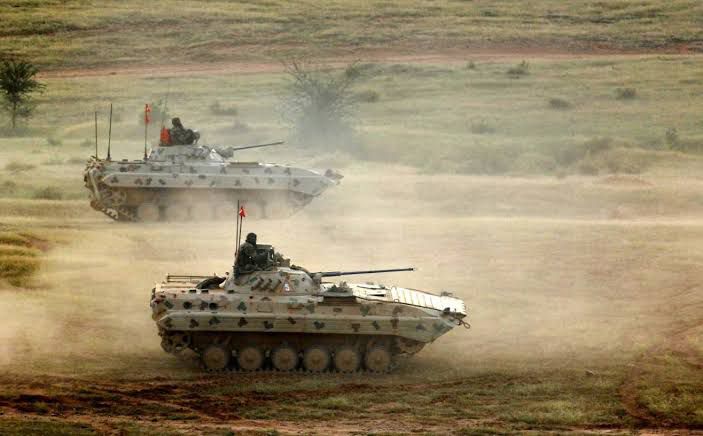


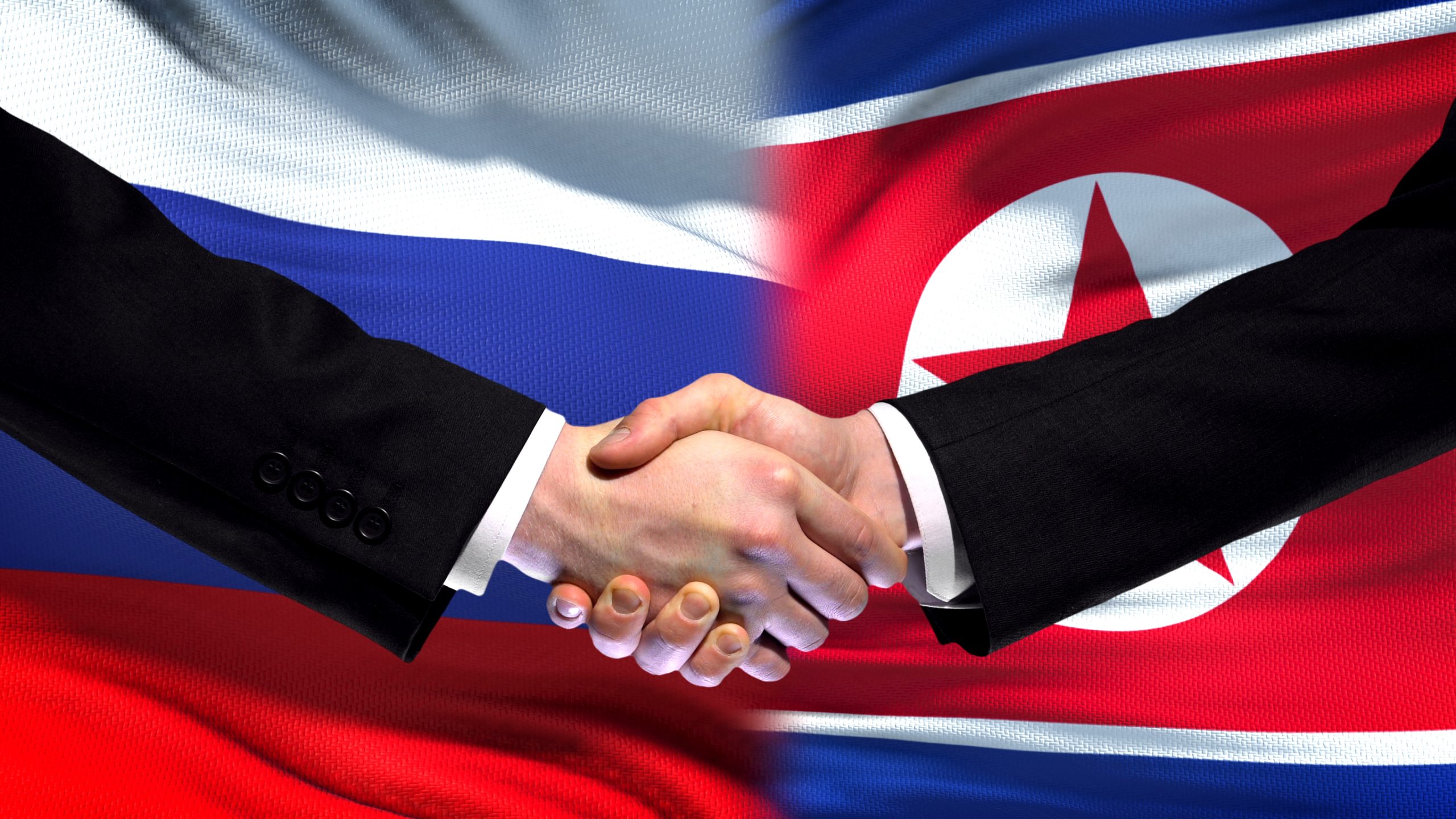

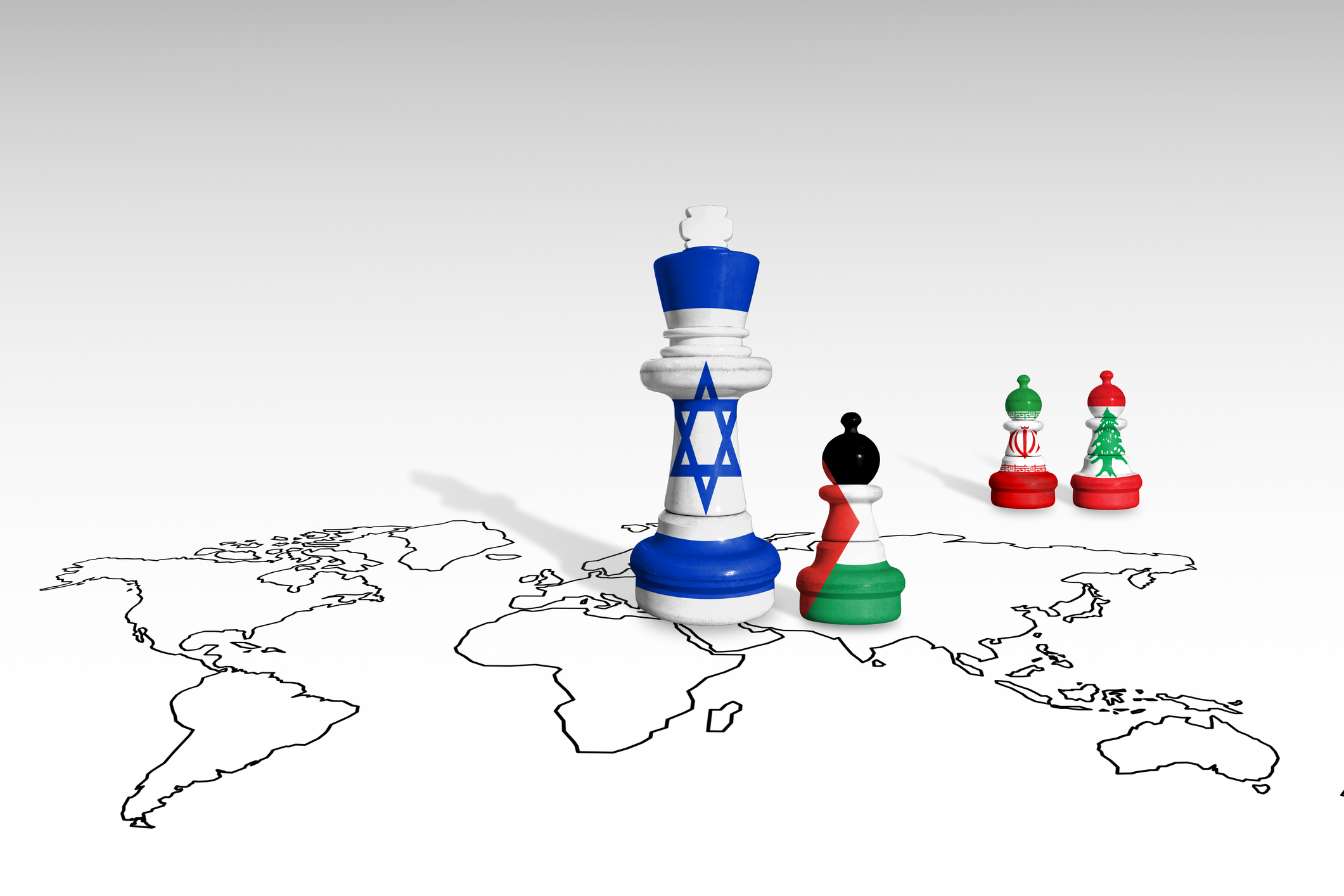
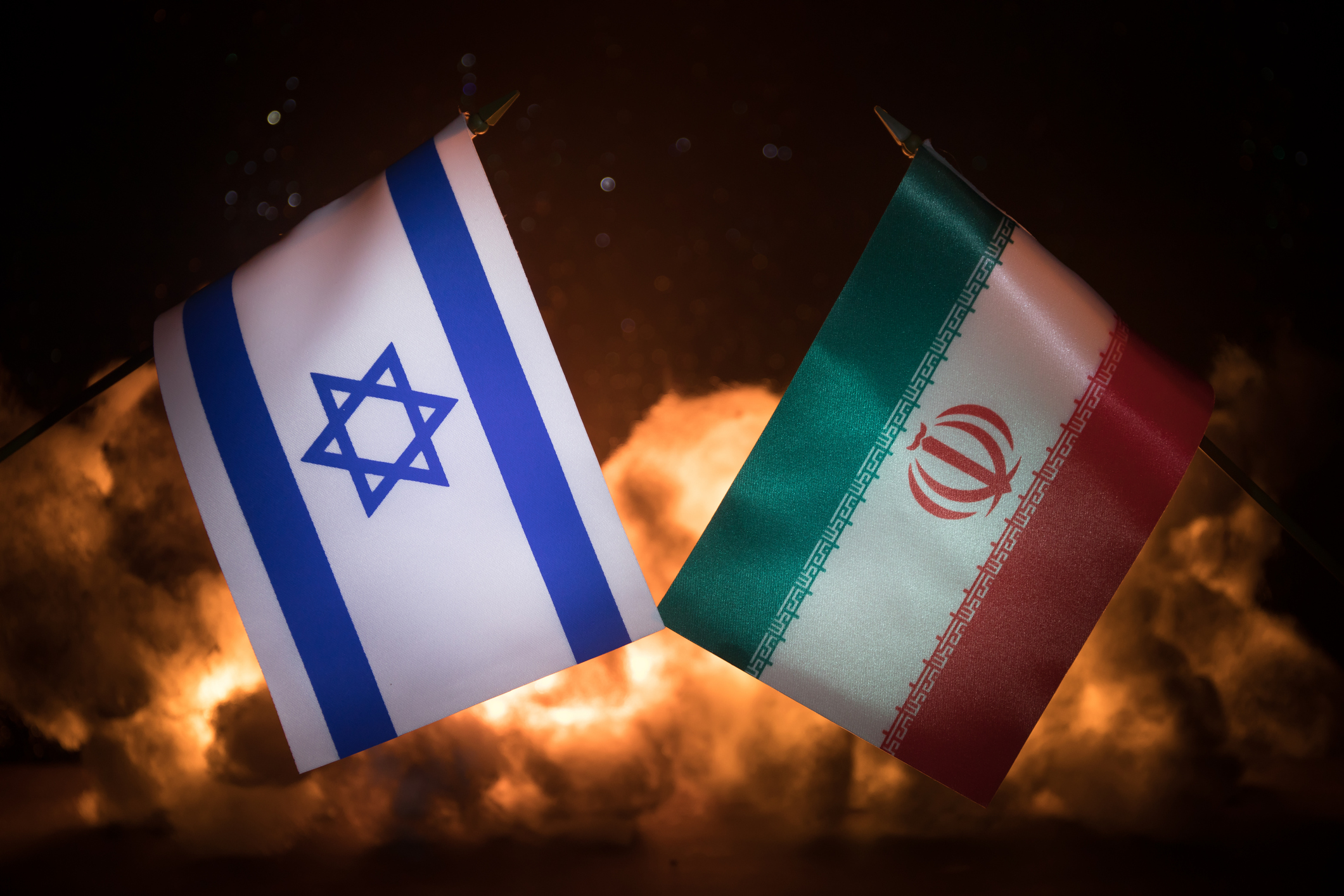






POST COMMENTS (0)